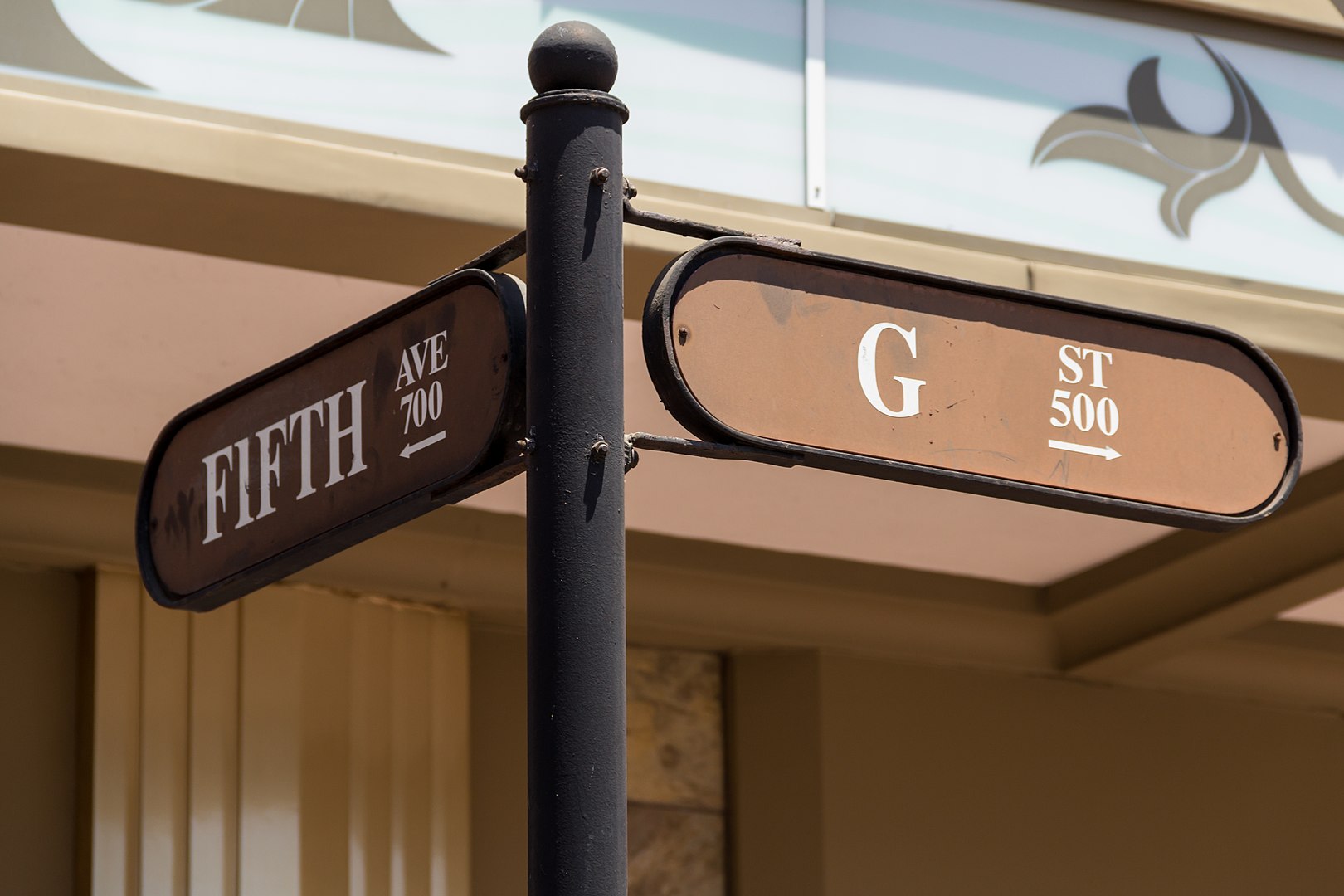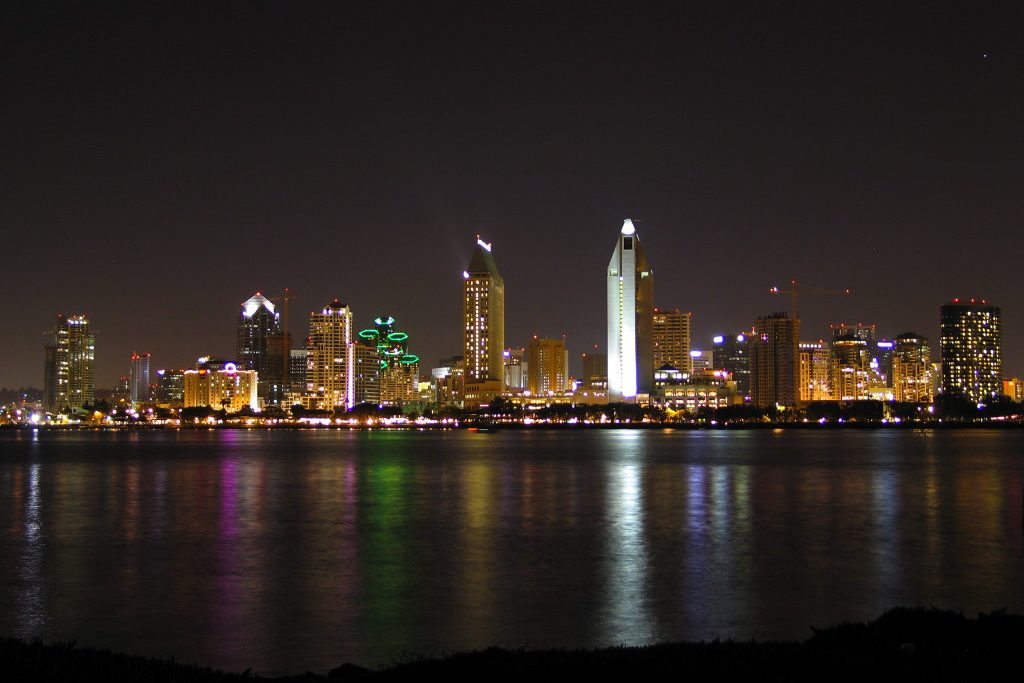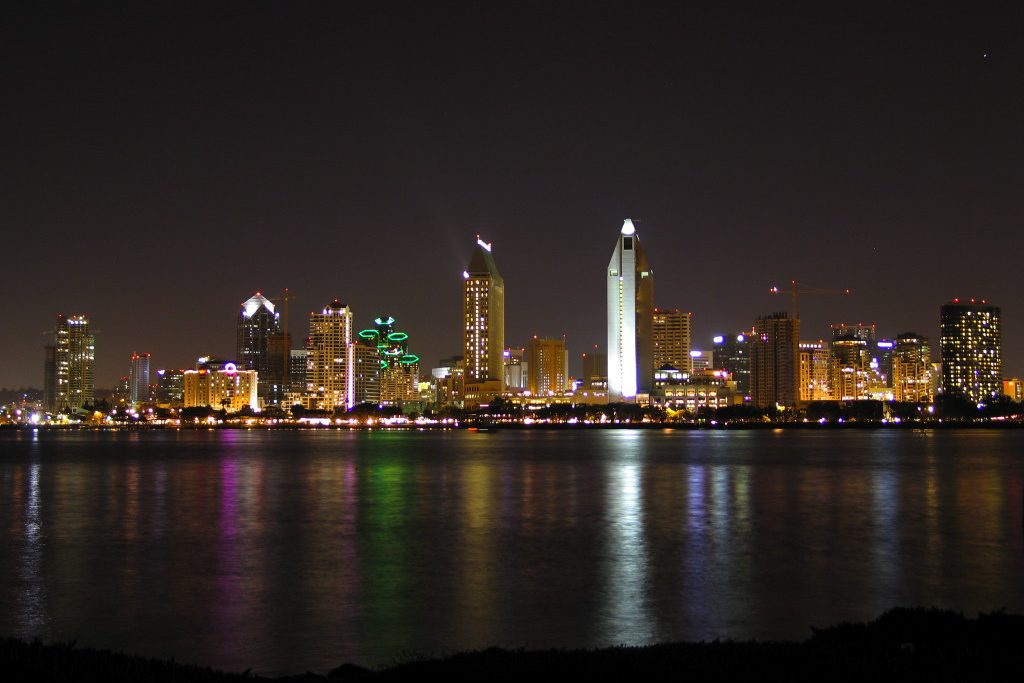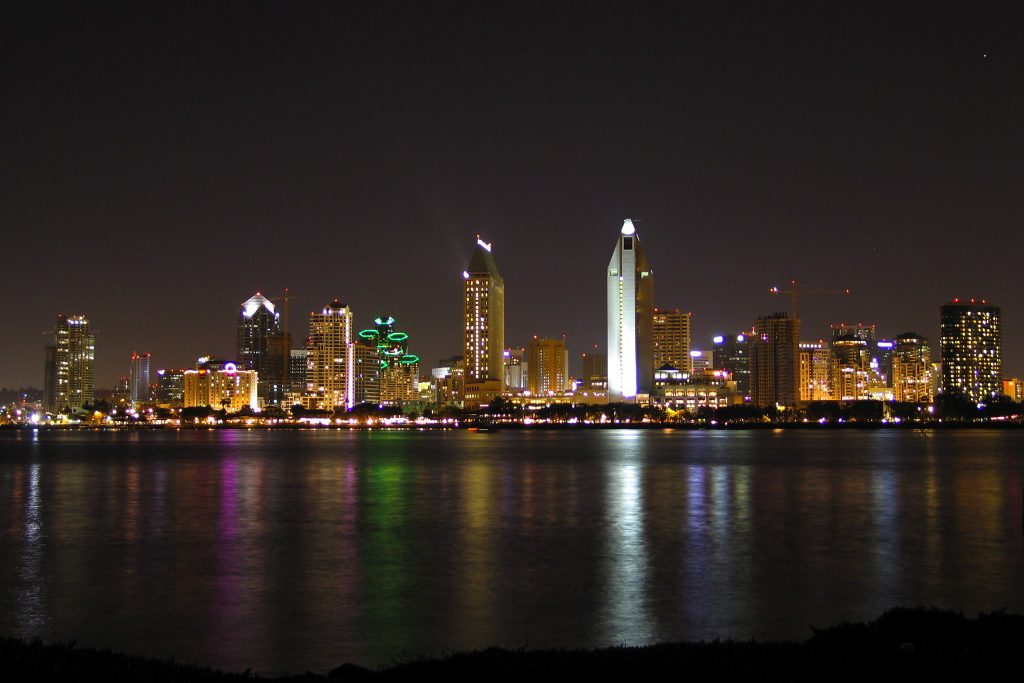Piazza San Marco (St. Mark’s Square) is an international icon of Venice, Italy. Dating back to the 9th century, it is the largest and only location in the city of Venice designated as a piazza and is now the location of Venice’s governmental buildings. It is flanked by St. Mark’s Basilica, commissioned in 1071 by doge Domenico Contarini and the Doge’s Palace, which was completed nearly 400 years later.
Today, Piazza San Marco and Venice, with its canals, gondolas and gondoliers, has become a must-see for tourists visiting Italy. But what many people do not realize is that the major influx of people year in and year out is disrupting the delicate natural ecosystem that is Venice.
On May 15, Professor Serenella Iovino will be hosting a lecture entitled “Death(s) in Venice: Bodies and the Discourse of Pollution from Thomas Mann to Porto Marghera,” which explores this very topic. Iovino is a professor of Comparative Literature at the University of Turin in Italy and works in the relatively new field of Environmental Humanities.
“It’s a trans disciplinary field in which issues of environmental ethics combine with literature or environmental history, sociology, geology, ecology,” Iovino explains. “We imagine that using narratives to emphasize the ecological crisis is a strategic move because the narratives – literature or artistic forms [such as] movies, theater, poetry and documentaries are much more effective than scientific discourse because they appeal to a part of our evolutionary history which is connected to the elaboration of stories.”
During the lecture, Iovino will use “literary works, theatrical plays, and “living” cases as [her] focus [to] show how ecocriticism can amplify the (often unheard) voices of Venice’s reality.” This topic is discussed in Iovino’s new book, “Ecocriticism and Italy: Ecology, Resistance, and Liberation,” which will be published in September of this year. Iovino’s visit to San Diego is part of a conference circuit; she will be lecturing at the conference for the American Association for Italian Studies a week later.
The goal of ecocriticism, Iovino says, is not necessarily to save the world, but to appreciate it. But, she points out, knowing and appreciating the world is a way to save it. “Of course, this is a very difficult task but we believe there is a possibility to change our frames of mind,” she says.
“The kind of mental frames that now are disrupting our planet’s balance have to be changed and they can only be changed by changing cultures. They cannot be changed by scientists (…) or by the financial systems. They can only be changed with new cultural paradoxes, therefore we try to build the narratives in which we can cooperate with the planet.”
The lecture will be held at University of California, San Diego’s Atkinson Pavilion at the Faculty Club and will begin at 6 p.m. Admission is free and it is open to the public. More information on Iovino and the lecture can be found under UCSD’s calendar of events under Lectures/ Seminars.






























